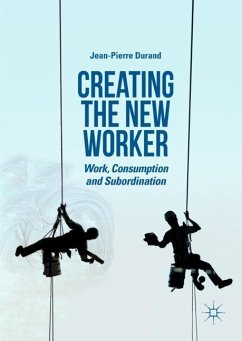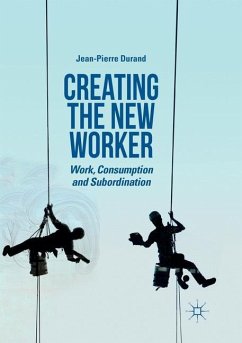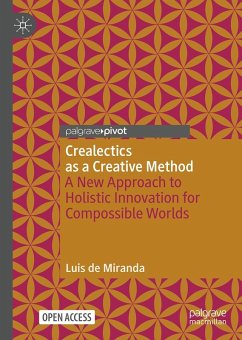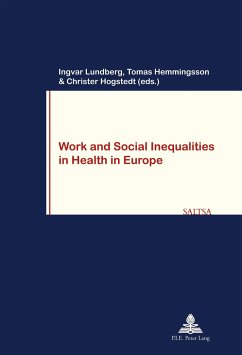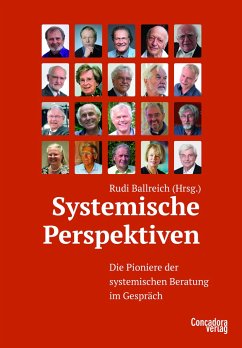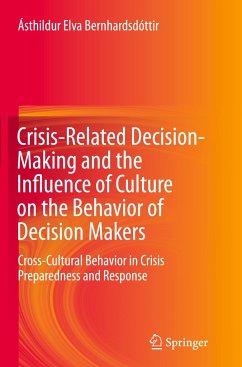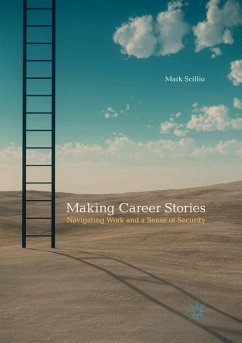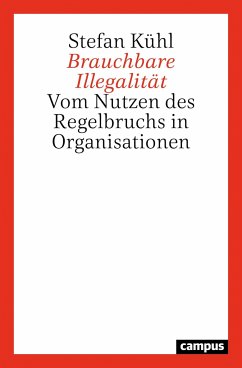
Stress and Suffering at Work
The Role of Culture and Society
Herausgegeben: Loriol, Marc

PAYBACK Punkte
49 °P sammeln!
This edited collection explores different strands of social constructionist theory and methods to provide a critique of the prevailing discourse of work stress, and introduces a radical new approach to conceptualizing suffering at work. Over the last three decades, stress and other forms of suffering at work (including burn-out, bullying, and issues relating to work-life balance) have emerged as important social and medical problems in Western countries. However, stress is a contested category, not (as many argue) a well-defined clinical, biological and psychological state that affects people ...
This edited collection explores different strands of social constructionist theory and methods to provide a critique of the prevailing discourse of work stress, and introduces a radical new approach to conceptualizing suffering at work. Over the last three decades, stress and other forms of suffering at work (including burn-out, bullying, and issues relating to work-life balance) have emerged as important social and medical problems in Western countries. However, stress is a contested category, not (as many argue) a well-defined clinical, biological and psychological state that affects people in the same way in different cultures and at different times. Thus, a social constructionist perspective helps to shed light on new approaches to prevention and interventions of work stress. This book will be of great interest for students and scholars of sociology, anthropology, social history, history of science, psychology, communication and management, as well as to practitioners(doctors and psychologists), policy makers and employers.





